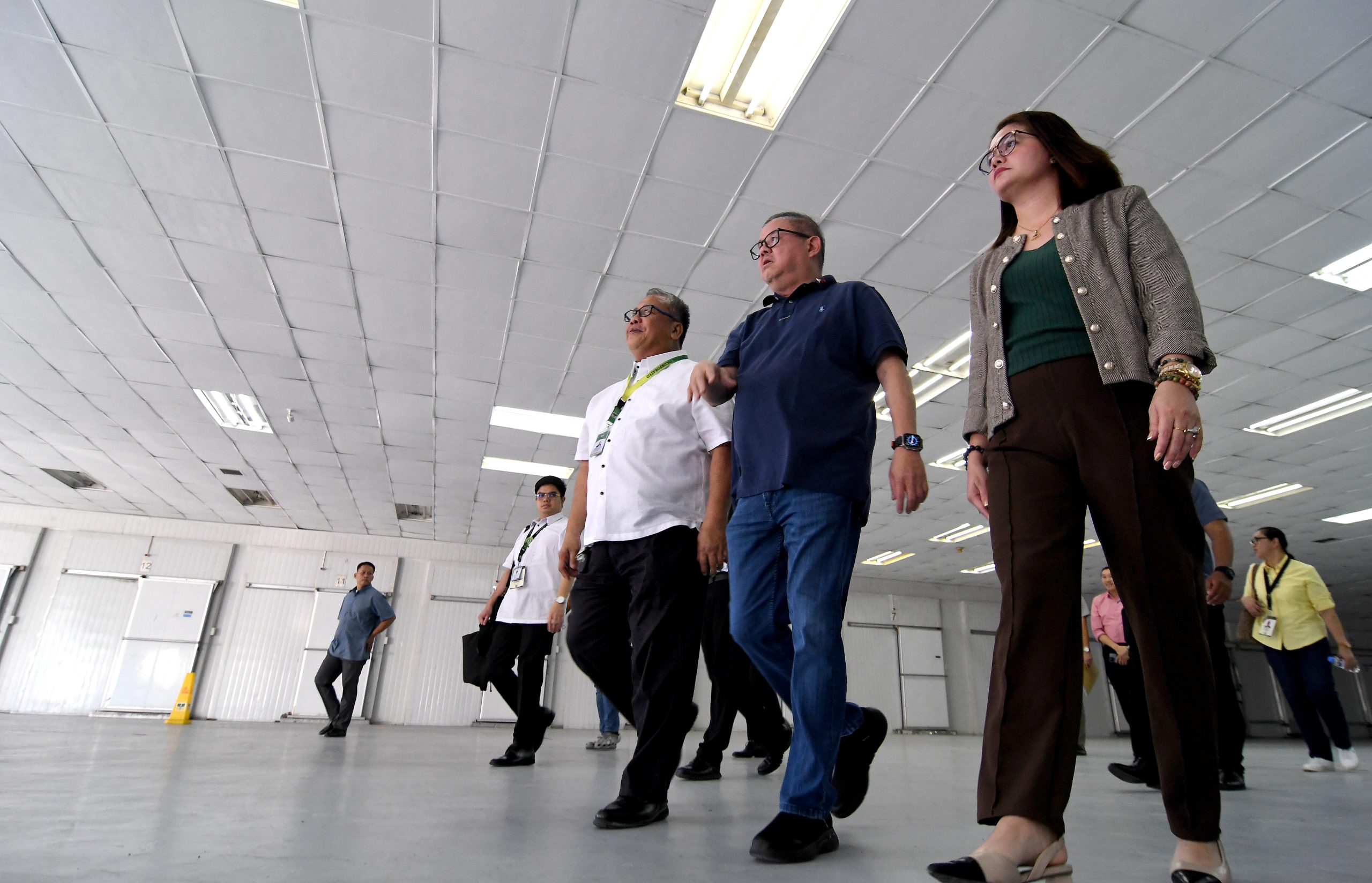
Agriculture Secretary Francisco Tiu Laurel, Jr. is planning to build more cold storage facilities at the Food Terminal in Taguig City as part of a broader strategy to address overproduction and minimize post-harvest losses of agricultural products, particularly vegetables and other high-value crops.
“Ang immediate problem na nakikita ko ay iyong oversupply from time to time ng tomatoes and cabbage. Kaya dapat magtayo tayo agad ng storage sa FTI. Ang direction ko is to build a network for chilled cold storage systems,” Secretary Tiu Laurel said during a briefing with officials of Food Terminal, Inc. in Taguig City.
The agriculture chief also told FTI officials to purchase excess produce of farmers and supply them to Kadiwa centers. The FTI is a government firm under the Department of Agriculture.
“Kung may overproduction, kaysa itapon, bilhin na lang ng FTI, mailalagay pa natin iyan sa Kadiwa program. The plan is also to strengthen iyong Kadiwa program ng DA. Plano kong ibalik sa FTI ang Kadiwa after two years,”Tiu Laurel said.
He underscored the department’s plan to centralize all agriculture logistics management matters, including FTI, to the soon-to-be-formed Logistics Office of the DA.
“Lahat ng cold storage ng DA, ililipat ko lahat sa logistics office, which will conduct research and inventory of all facilities within the Philippines to ensure synchronization,” he added.
As part of his plan for FTI, Tiu Laurel is looking to construct a chiller warehouse dedicated to vegetables and other high-value crops at a 1.3-hectare section of the sprawling government property in Taguig City. The facility will also be equipped with a processing plant and trading area, and will prioritize farmers’ produce for buffer stocking, he added.
The project will cost PhP500 M and would require 12 months to complete.
“Half of the warehouse should be allocated to the coil system, kalahati evaporator type. The evaporator type is for short-term storage of high-value crops. Iyong coil, because there is no circulating fan, moisture is kept within the storage, it will keep things fresh for a longer period,” he explained.
With two types of cold storage facilities under the plan—frozen and chilled— Tiu Laurel noted that the Philippines will unlikely worry with post-harvest wastage.
He noted that private companies construct new frozen storage systems every year due to their profitability. Thus, there is no need at this time for DA to submit these facilities in 2024. ###













